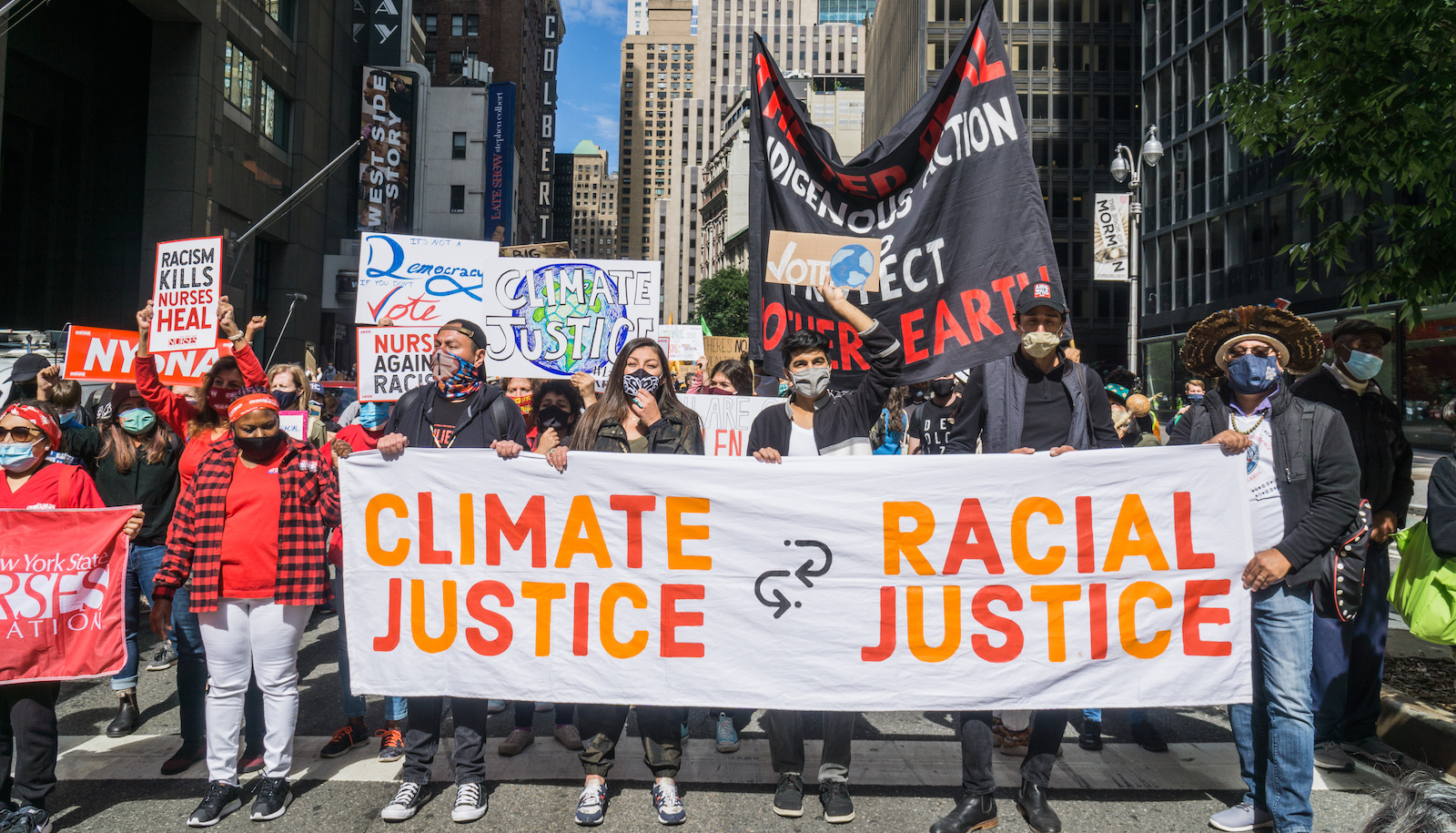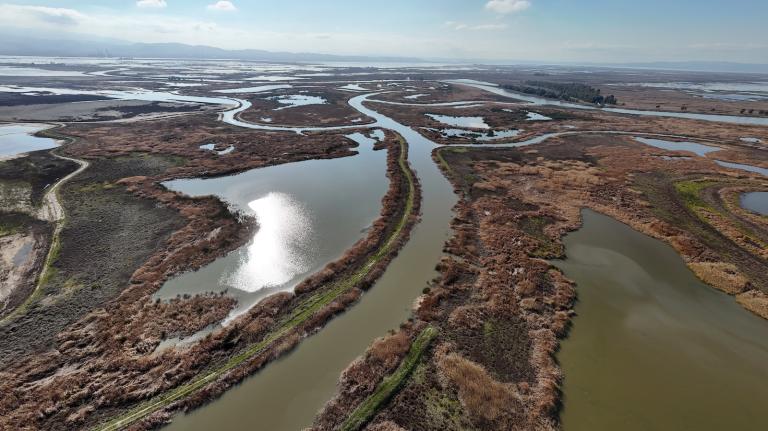In 2014, a group of low-income residents living in the Liberty City neighborhood of Miami began organizing to fight against their neglectful landlords and slum-like housing conditions. After a successful campaign that led to the prosecution of one landlord and the city taking over his properties, the group wanted to do more to address the dangerous living conditions in their community and build resilience in the face of the rising threats of climate change and gentrification. They formed a nonprofit called Struggle for Miami’s Affordable and Sustainable Housing, or SMASH, and developed a plan to form a community land trust that would build affordable housing owned and operated by the community.
SMASH is exactly the type of organization that the Biden administration aims to support with its so-called Justice40 initiative. In an executive order signed in January, Biden wrote that it was the policy of his administration to “secure environmental justice and spur economic opportunity” for communities that have been “overburdened by pollution and underinvestment in housing, transportation, water and wastewater infrastructure, and health care.” He pledged to direct 40 percent of the benefits of climate-related federal spending to disadvantaged communities.
While SMASH is a prime candidate to take advantage of that pledge, it faces significant hurdles. The group has had some successful rounds of fundraising and even purchased a plot of land, but at the moment, it has only one real employee. Right now, it doesn’t have the bandwidth to navigate a complex web of government agencies and programs and complete lengthy grant applications.
This capacity gap has long been a blind spot for government programs, said Nathaniel Smith, the founder and chief equity officer of the Partnership for Southern Equity, an Atlanta-based nonprofit. He described a “fallacy of equality” in funding opportunities that belies embedded structural inequities. Organizations that are already well-resourced are better equipped to access government funding, while those most in need fall further behind. “Everybody’s not starting in the same place, and a lot of that has to do with history,” he said.
The Partnership for Southern Equity is one of five nonprofits that recently teamed up to form an initiative called the Justice40 Accelerator to address this issue. The program will support environmental justice–focused community-based organizations with funding, technical assistance, and guidance navigating grant applications, so that they’ll be better equipped to take advantage of federal Justice40 spending. “At the end of the day it’s about, how can we make these grantees more competitive?” Smith said during a press call about the Justice40 Accelerator on Wednesday.
Earlier this year, the Justice40 Accelerator put out a call for applications and received more than 300. Working with a team of seven outside reviewers, the coalition looked for projects that would address the disproportionate impacts of climate change in under-resourced communities and that could demonstrate they truly represented the needs and desires of their respective communities. On Wednesday, the program announced its selection of an initial cohort of 52 groups, all of which will receive $25,000 in unrestricted funding to help them close the capacity gap. SMASH was one of those chosen.
“The Justice40 Accelerator is needed and appreciated — it will help us build capacity, and make access to Justice40 funding easier,” said Taylor Snider of SMASH in a press release.
Sekita Grant, vice president of programs for The Solutions Project, another nonprofit founder of the Justice40 Accelerator, said that one-third of the successful applicants had never applied for government funding before. “This is a really groundbreaking initiative disrupting the limitations of scaled government funding that has not previously reached the same communities in the past,” she said during the press call. Grant told Grist the reviewers initially identified just over 100 projects that they would feel comfortable recommending for the program, but the Justice40 Accelerator didn’t have enough funding to accept all of them.
The organizations selected vary widely, addressing critical service gaps in housing, transportation, energy, and agriculture. A nonprofit called the Mississippi Association of Cooperatives plans to work with farmers to promote cover crops and native trees for their economic and environmental benefits. Minnesota-based Honor The Earth is an Indigenous-led organization that will work with Anishinaabe nations to implement local renewable energy and energy efficiency projects. In Chicago, a group called Blacks in Green, or BIG, is developing a “sustainable square mile” with affordable housing, regenerative gardens, and renewable energy.
Participation in the program does not guarantee that any given group or project will win a government grant. At the moment, many of the details of the federal Justice40 initiative are still nebulous, like which pots of money are included in the program, and how “benefit” and “disadvantaged” will be defined. In the meantime, the Justice40 Accelerator is compiling research on federal programs that it expects to be included. Smith said the coalition is also doing work to analyze the government procurement and contracting process and working to map out “reinforcing loops of injustice” in order to try and mitigate them. One systemic issue he pointed to is the government’s preoccupation with funding “shovel-ready” projects — projects that are ready to begin construction quickly once they are funded — which has minimized the opportunity for what he called “shovel-right” projects to receive government support.
“In the past, many of these big, large-scale projects like the American Recovery and Reinvestment Act or other huge opportunities funneled money into efforts that weren’t necessarily sensitive to the needs of our most vulnerable,” he said. The American Recovery and Reinvestment Act was then-President Barack Obama’s $800 billion stimulus package designed to kickstart the economy after the 2008 recession, and subsequent research showed that it largely failed to benefit Black-owned businesses, contractors, and workers.
But Smith emphasized to Grist that times have changed. “Historically, when big opportunities like this occur to shift paradigms, it’s usually white organizations that are leading this conversation,” he said. “People of color, Black people are actually leading this conversation, and that’s very different than the American Recovery and Reinvestment Act.”




